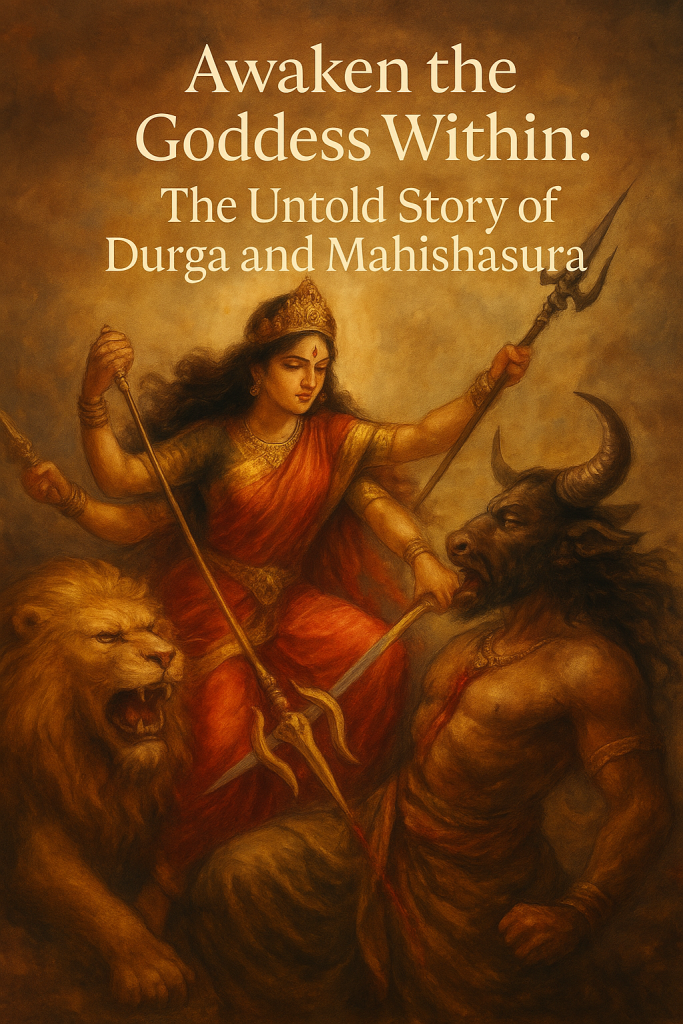Table of Contents
- What is Sawan Somvar Fast and Why is it Celebrated?
- Rules to Follow During the Sawan Somvar Fast
- Spiritual and Scientific Benefits of the Sawan Fast
- Common Mistakes People Make While Fasting
- Bonus Tips for a Successful Fast
- Final Thoughts
What is Sawan Somvar Fast and Why is it Celebrated?
Sawan (also called Shravan) is considered the holiest month in the Hindu calendar, devoted entirely to Lord Shiva. Every Monday during this month, devotees observe a Sawan Somvar Fast (Vrat) to seek blessings of health, love, prosperity, and inner peace.

But why Mondays?
According to ancient scriptures, Monday (Somvar) is the day of Chandra Dev (Moon)—closely associated with Shiva, who wears the crescent moon on his head. It is believed that fasting on this day calms the mind, just like the moon cools the tides.
📜 Rules to Follow During the Sawan Somvar Fast
Following the Sawan Somwar fast isn’t just about skipping meals. It’s a sacred discipline that involves the body, mind, and soul. Here are the essential rules:
✅ Dos:
- Wake up before sunrise, take a bath, and wear clean (preferably white) clothes.
- Offer water (jal abhishek) to Shiva Linga with Gangajal or clean water mixed with milk.
- Chant “Om Namah Shivaya” or the Maha Mrityunjaya Mantra at least 108 times.
- Eat satvik food once a day (if doing partial fast) – no onion, garlic, or grains.
- Visit a Shiva temple if possible and offer belpatra, dhatura, and sandalwood paste.

🚫 Don’ts:
- Avoid non-vegetarian food, alcohol, or smoking.
- Do not lie, gossip, or get angry — purity of thoughts is as important as food.
- Avoid grains and pulses if you’re doing a nirjala or phalahari fast.
- Stay away from cutting hair or nails on Mondays during Sawan.
Spiritual and Scientific Benefits of the Sawan Fast
Spiritual Benefits:
- Fasting is believed to cleanse karma and bring one closer to Lord Shiva.
- It improves mental clarity, helping you hear your inner voice more clearly.
- Many observe this vrat to find a good life partner (like Parvati did through her penance).
Scientific Benefits:
- Fasting gives your digestive system a break, aiding in gut repair and detox.
- The monsoon season often lowers immunity; fasting helps reset your metabolism.
- Abstaining from rich, oily food and meat during Sawan reduces the risk of seasonal infections.

Ancient science meets modern wellness: Sawan fasting aligns with intermittent fasting, known today for boosting autophagy and longevity.
Common Mistakes People Make While Fasting
Even with good intentions, people often unknowingly break the sanctity of the fast:
- Skipping hydration: Many forget that fasting doesn’t mean starving. Keep sipping water or herbal drinks.
- Watching violent or disturbing content: What you consume through the eyes and ears also counts during this sacred month.
- Overeating fruits or fried fasting snacks: This defeats the purpose of detoxifying your system.
- Not doing any prayer or Shiva puja: The vrat is not just physical, it’s devotional. Make time for prayer.
- Breaking the fast at the wrong time: Traditionally, you should break your fast only after sunset and after performing Shiva puja.
Bonus Tips for a Successful Fast
- Make a Shiva corner at home with a small altar and daily offerings.
- Meditate or listen to Shiva bhajans to stay mentally aligned.
- If you can’t fast fully, observe “Sankalp”—a vow to avoid certain foods or behaviors.
- Involve the family—it’s a beautiful way to pass on traditions and deepen connection.
Final Thoughts
Sawan Somvar fast is more than a ritual—it’s a spiritual upgrade for your body, mind, and soul. When done with intention and purity, it becomes a powerful path to healing, transformation, and inner connection with Shiva.
Whether you’re fasting for divine blessings, personal growth, or just exploring ancient Indian wellness practices—this holy month offers a doorway to something deeper.
May Lord Shiva guide you through this sacred journey. Har Har Mahadev!



